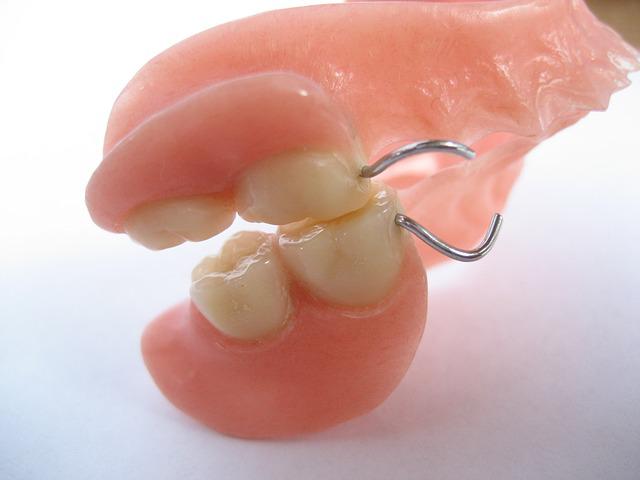
What are the Signs of Poor Fitting Dentures?
One of the biggest complaints of denture wearers is that dentures often don’t fit well. The good news is that this is one of the most easily correctable denture problems. If you’re not sure if your dentures fit improperly, take a look at some of the signs of poorly fitting dentures.
Properly fitted dentures should be comfortable to wear and allow you to live a normal life. However, while our mouths change over time, our dentures do not. If you’ve noticed something is not quite right with how your dentures feel, it might be time for a check-up to determine if a new set of dentures is needed.
- Dentures Slip
This is probably the most obvious sign of ill-fitting dentures. Dentures shouldn’t slip out when you talk, eat, laugh, or sneeze. If your dentures do this, they may require an alignment or replacement to resolve the issue. At no point should your dentures ever slip out.
- Denture Sores
‘
Even if you don’t actually notice your dentures slipping around in your mouth, you may notice a sign of their movement: denture sores. When dentures move, it causes them to rub up against the gums in ways that cause irritation. If they develop denture sores, your dentures do not fit properly. Don’t ignore ill-fitting dentures symptoms like denture sores. This is a major red flag that it’s time to consider better-fitting dentures.
- Denture Pain
Denture sores can be painful, but your dentures may also be causing you pain even before sores develop. This pain can be due to the movement of your dentures, but they can also be caused by dentures that fit snugly but have an uneven balance of bite forces, causing some places in your mouth to be subjected to much more painful force when you chew.
- Trouble Eating
We can’t expect to eat all the same foods we ate with our natural teeth. However, properly fitting dentures should make it possible to eat most of them. When you have denture fitting problems, it’s common to experience trouble eating.
This trouble can occur as soon as you get your new pair of dentures if they don’t fit correctly. In this instance, your dentist should create you a new pair. Make sure to test your dentures in the dental office before you go home so you can ensure they fit properly.
- Dentures Are Hard to Clean
It’s normal for your dentures to have some food residue on the outside, but if you’re starting to notice that there are more and more food particles and other types of residue on the inside of the denture, that’s a sign your dentures don’t fit properly. They should create a good seal that prevents material from getting up inside the denture.
- Denture-Related Infections
When food, bacteria, and fungus start getting under the denture, you are at an increased risk for denture-related infections, such as yeast infections. This can lead your gums to become red and swollen everywhere they come into contact with your dentures. If you develop these infections, make sure you’re thoroughly cleaning your dentures. If they still recur, it may be time to get new dentures.
How Should Dentures Fit In Your Mouth?
If you never had dentures before, it’s difficult to know exactly how your dentures should fit in your mouth. You might find yourself asking, are they too big? Too small? Too loose? When you first start wearing dentures, they might feel like they don’t fit well because you’re not used to wearing them. More often than not, they are simply low-quality dentures that aren’t made with an optimal fit in mind. If you notice ill-fitting denture symptoms like swollen, red, and painful gums, frequent gagging, or your dentures slip around, it’s a good indication that they don’t fit well.
Your dentures should stay in place and rest comfortably on your gums. If anything happens otherwise, you need a second opinion.
